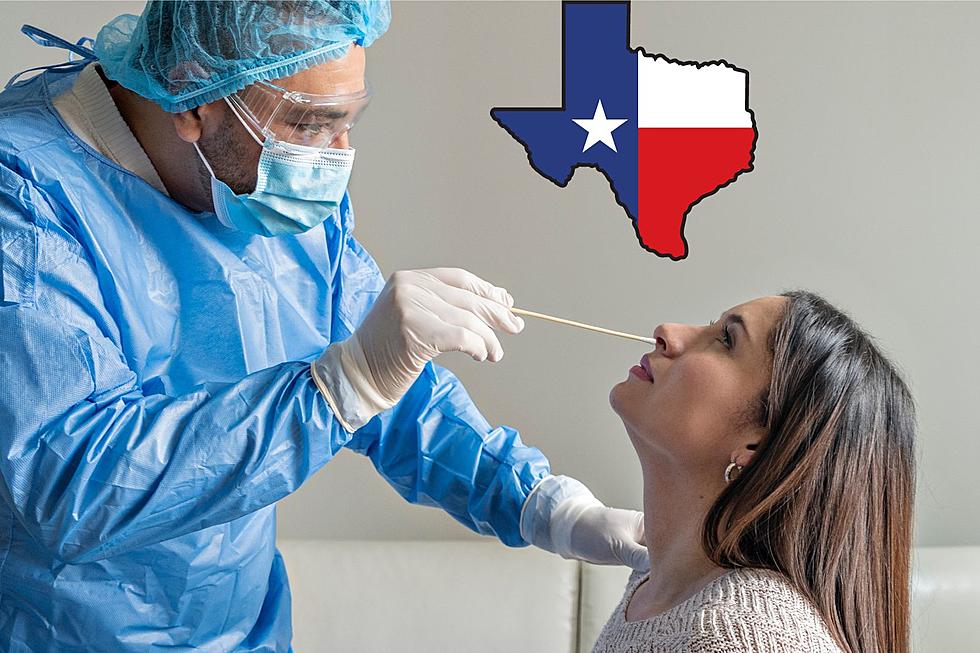
New Covid-19 Variant Surge In Texas Possesses Troubling Symptoms
Update: The United States has begun 2024 with the 2nd largest Covid Surge ever!
Covid-19 is on the rise again in Texas as hospitalizations have increased recently by about 16%, so it is not just affecting the Killeen-Temple, Texas area, but also once again the major urban areas like Harris County, and throughout the Lone Star State. The new variant that is responsible for nearly 1/3 of the new cases has been attached to some very troubling new symptoms not previously linked to being diagnosed with Covid-19.

We have come to understand that Covid-19 is here for good just like influenza, and it will continue to have mutating properties with different lifespans. Typical symptoms include runny nose, lingering cough, severe headaches with or without fluctuating blood pressure, loss of your sense of smell and or taste.
What new symptoms are attached to the surging new Covid-19 strain JN.1?
According to a new article published by Newsweek just over this past weekend, about 1/10 new Covid-19 sufferers are reporting major anxiety or worry. Also, even though fatigue is a known symptom, new patients are reporting a new version of tiredness.
Studies have shown that not just long Covid-19 patients have been dealing with increased exhaustion and depression. Some of it is physical because of the infection, but for others the sheer stress of living this "New normal," is really taking its toll.
What can you do to avoid these new potential Covid-19 symptoms?
Rest and recovery are so important, and it is paramount that you get yourself back to 100% before expecting your body to handle all the daily expectations you have for yourself.
Be Aware Of These Covid-19 Symptoms In Texas
Gallery Credit: Credit: Mateo, 103.5 KISS FM
These COVID Symptoms May Lead to Hospitalizations
Answers to 25 common COVID-19 vaccine questions
Gallery Credit: Stephanie Parker
